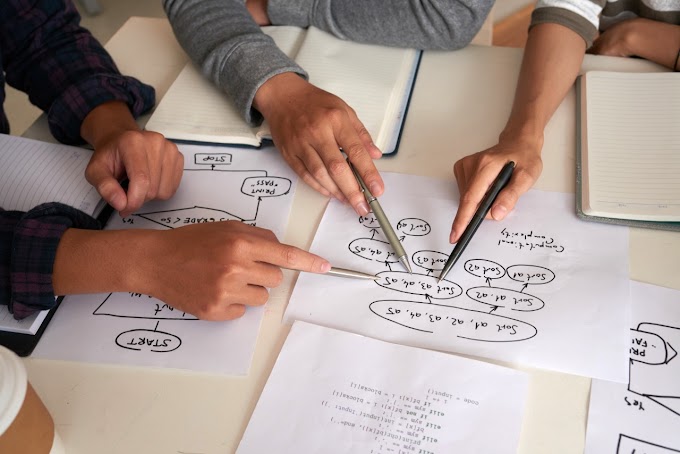The term "Artificial Intelligence" (AI) gets thrown around a lot these days, often conjuring images of robots taking over the world (don't worry, Hollywood!). But for engineers, AI is much more than science fiction. It's a powerful set of tools that's transforming every corner of the field. Let's peel back the layers and see how AI can supercharge your engineering skills.

At its core,
AI is about creating intelligent machines. We do this by developing algorithms
that can learn from data, identify patterns, and make decisions. Now, these
algorithms aren't sentient beings (yet!), but they can perform tasks that were
once thought to require human intelligence. Think of it as giving your computer
superpowers in specific areas.
Here's where
it gets exciting for engineers. AI is already making waves in various
engineering disciplines:
●
Robotics: Imagine robots that can navigate complex environments, assemble
delicate machinery, or even perform surgery. AI-powered robots are becoming
more adaptable and capable, thanks to machine learning algorithms that help
them learn from their experiences.
●
Machine Learning for Design
Optimization: Struggling to
find the optimal design for a product? AI can help! Machine learning can
analyze vast datasets to identify the most efficient designs, saving you time
and resources while creating superior products.
●
Predictive Maintenance: Wouldn't it be great to predict when a
machine will fail before it actually happens? AI can analyze sensor data to
identify subtle changes that indicate potential problems, allowing engineers to
perform preventative maintenance and avoid costly downtime.
These are just
a few examples. From civil engineering with AI-powered traffic management to
aerospace with intelligent autonomous drones, AI is leaving its mark.
But the future
holds even more promise. Here are some trends to keep an eye on:
●
Explainable AI: As AI becomes more complex, ensuring its decisions are
transparent and understandable becomes crucial. This field focuses on making
AI's reasoning clear, allowing engineers to build trust and improve
collaboration between humans and machines.
●
AI-powered Simulations: Imagine running simulations that are so
complex and realistic they seem like real-world scenarios. AI can help create
these simulations, allowing engineers to test designs and predict behavior with
unprecedented accuracy.
●
Human-AI Collaboration: The future of engineering won't be
about robots replacing humans, but rather humans and AI working together.
Engineers will leverage AI's analytical power to make better decisions, while
their creativity and problem-solving skills will remain irreplaceable.
If you enjoyed this blog, then share it with your friends, to know more, follow the below links:
Facebook - https://www.facebook.com/engg.kkwagh
Instagram - https://instagram.com/k.k.waghinstitute?igshid=YmMyMTA2M2Y=
LinkedIn - https://www.linkedin.com/company/kkwaghinstitute/
Twitter - https://twitter.com/KKWaghInstitute






0 Comments